Oncology Research

Our Commitment to Oncology
ONO has been a leader in oncology research for decades, challenging traditional thinking and bringing innovative therapeutics from bench to bedside. Our commitment to scientific exploration, collaboration, and perseverance through challenges has helped our researchers discover groundbreaking oncology medicines.

Our Approach to Oncology Research
In every R&D initiative, we combine open innovation with cutting-edge technologies and analytics with the goal of arriving at promising new molecules. One of our greatest achievements in oncology was developing the world’s first anti-PD-1 antibody, which began with our partnership with Kyoto University in the 1990s.
At the time, the immuno-oncology field was just emerging, and many in the industry were skeptical of using the immune system to fight cancer. But we strongly believed in the science and pressed forward. This tenacity paid off, when in 2014 the drug became the first anti-PD-1 antibody, a class that has changed the treatment paradigm for patients across the globe.
ONO continues this innovation today in our growing pipeline of oncology compounds. In addition to our robust in-house research, we expand our portfolio by in-licensing new candidates under development by pharmaceutical or biotech companies around the world.
Anti-PD-1 Antibody Therapy
Anti-PD-1 antibody therapies bind to and inhibit PD-1 (a protein that prevents the body’s T cells from recognizing cancer cells), thereby improving the immune system’s ability to fight cancer.
Oncology Pipeline Highlights
 Bruton’s tyrosine kinase (BTK) inhibitorOur highly selective and irreversible BTK inhibitor is being studied in patients with primary central nervous system lymphoma, a disease for which there is currently no FDA-approved treatment. | 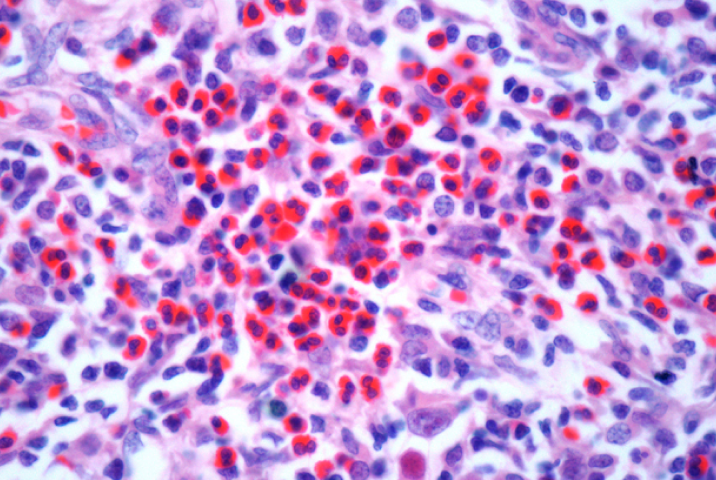 PD-1 x CD3 bispecific antibodyOur investigational PD-1 x CD3 bispecific antibody has a novel mechanism of action and is being studied in T-cell lymphoma. |  MALT1 inhibitorOur MALT1 inhibitor is currently being investigated for non-Hodgkin lymphoma and chronic lymphocytic leukemia. |
Disease Areas
ONO PHARMA USA is working on developing medicines to address some of the most pressing unmet needs in oncology. Explore primary central nervous system lymphoma (PCNSL), one of the cancers we’re committed to advancing treatments for.
Primary central nervous system lymphoma (PCNSL)
What Is PCNSL?
Primary Central Nervous System Lymphoma
Primary central nervous system lymphoma (PCNSL) is a rare form of non-Hodgkin lymphoma (NHL) that begins in immune system cells known as lymphocytes. PCNSL can initially affect the brain, its protective membranes, the spinal cord, cerebral spinal fluid, and/or eye.
What Causes PCNSL?
PCNSL most often develops from the uncontrolled growth of cells stemming from a type of immune cell known as B lymphocytes. Several processes are thought to be involved in tumor development, including evasion of the immune system cells that would normally stop the process as well as “turning off” of tumor suppressor genes. The tumor’s microenvironment (the environment surrounding the tumor) is also thought to contribute to its growth.
What Are the Symptoms of PCNSL?
The first symptoms for many patients can be weakness in an arm or leg or difficulty with movement. In general, symptoms may vary depending on the location of the tumor and can include vision changes, arm or leg weakness, cognitive or behavioral changes, symptoms associated with increased pressure inside the skull (headache, nausea, vomiting), and seizures, among others.
How Many People Does PCNSL Affect?
In the United States, there are around 1,500 new cases of PCNSL each year. Its rates are higher in people over 65 years old and those who are immunocompromised.
How Is PCNSL Treated?
While no therapies are specifically approved for treatment of PCNSL in the U.S., treatment for PCNSL usually includes chemotherapy, potentially in combination with other agents. Surgery is generally not recommended.
In the U.S., ONO is currently carrying out the PROSPECT Study, a Phase 2 clinical trial (NCT04947319) of tirabrutinib (ONO-4059) for PCNSL. Tirabrutinib is a highly selective irreversible BTK inhibitor discovered and developed by ONO.*
*This molecule is not FDA approved for any use.

Support Organizations for Patients
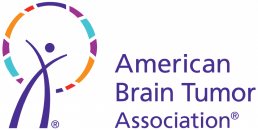 American Brain Tumor AssociationAdvancing the understanding and treatment of brain tumors with the goals of improving, extending and, ultimately, saving the lives of those impacted by a brain tumor diagnosis. | 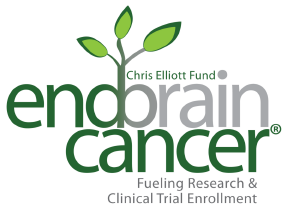 End Brain Cancer InitiativeDedicated to ensuring all patients diagnosed with brain cancer, a brain tumor, or metastatic brain disease have equal access to advanced diagnostics, clinical trials, FDA-approved treatments, specialists, and one-on-one patient services/support. |
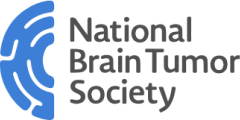 National Brain Tumor Society (NBTS)NBTS unrelentingly invests in, mobilizes, and unites the brain tumor community to discover a cure, deliver effective treatments, and advocate for patients and caregivers. |  National Organization for Rare DisordersImproving the health and well-being of people with rare diseases by driving advances in care, research, and policy. |
 The Leukemia & Lymphoma Society (LLS)The leading source of free blood cancer information, education and support, LLS helps patients navigate their cancer treatment by ensuring they have access to quality, affordable, coordinated care. |  Lymphoma Research Foundation (LRF)The Lymphoma Research Foundation’s mission is to realize the promise of science to eradicate lymphoma and serve the community touched by this disease. |
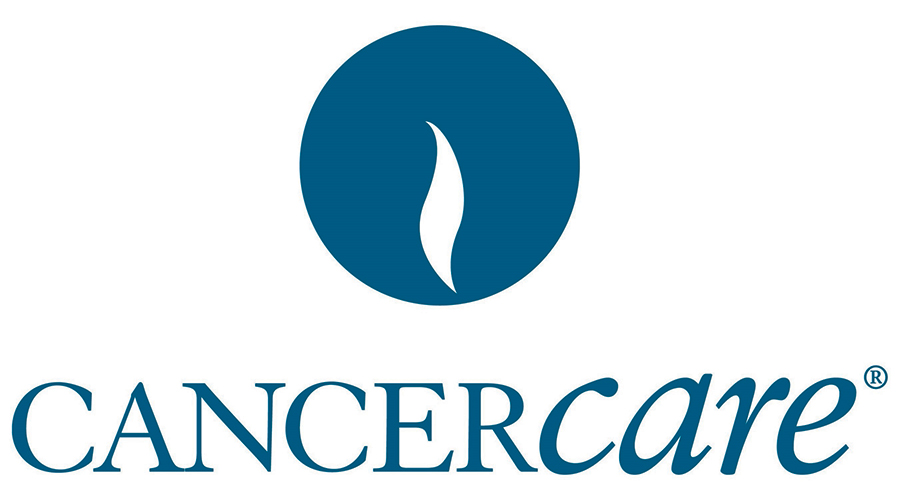 CancerCareFounded in 1944, CancerCare is the leading national organization providing free, professional support services and information to help people manage the emotional, practical and financial challenges of cancer. Our comprehensive services include resource navigation, counseling and support groups over the phone, online and in-person, educational workshops, publications and financial and co-payment assistance. All CancerCare services are provided by master’s-prepared oncology social workers and world-leading cancer experts. To learn more, visit www.cancercare.org or call 800-813-HOPE (4673). |  Brain Tumor NetworkBrain Tumor Network provides free, individualized navigation help to patients and caregivers diagnosed with a primary brain tumor diagnosis. Our services are unbiased, at no cost and available to patients across the United States. Our personalized navigation services include: Disease and treatment option education, personalized clinical trial searches based on a patient’s specific biomarkers, treatment center identification and second opinion facilitation, and social work support services. |
